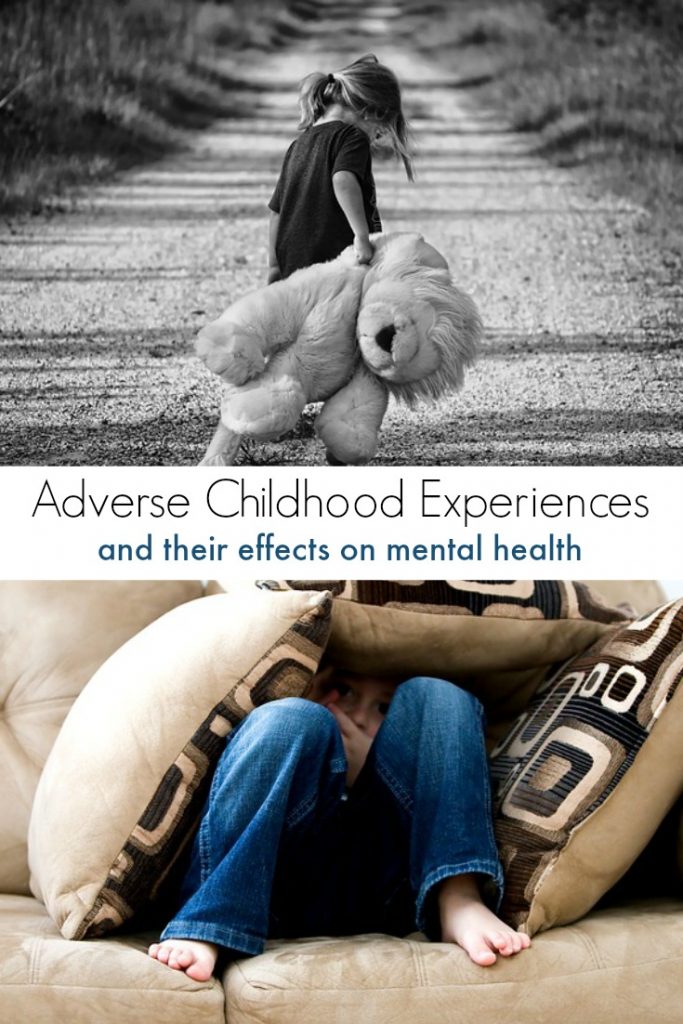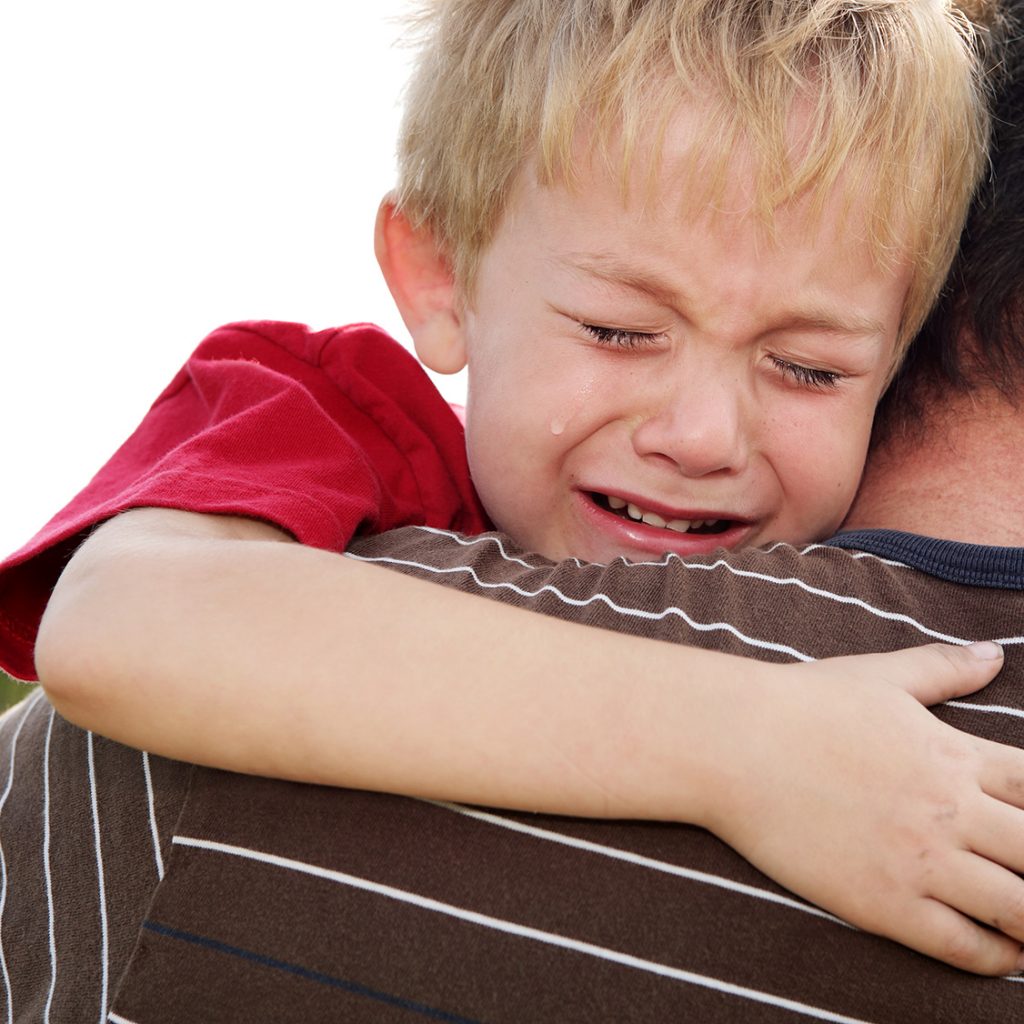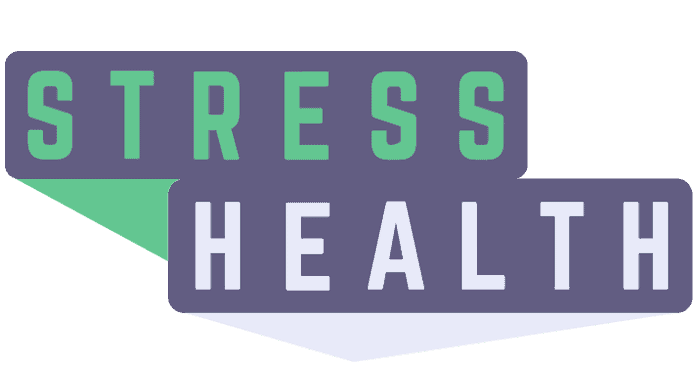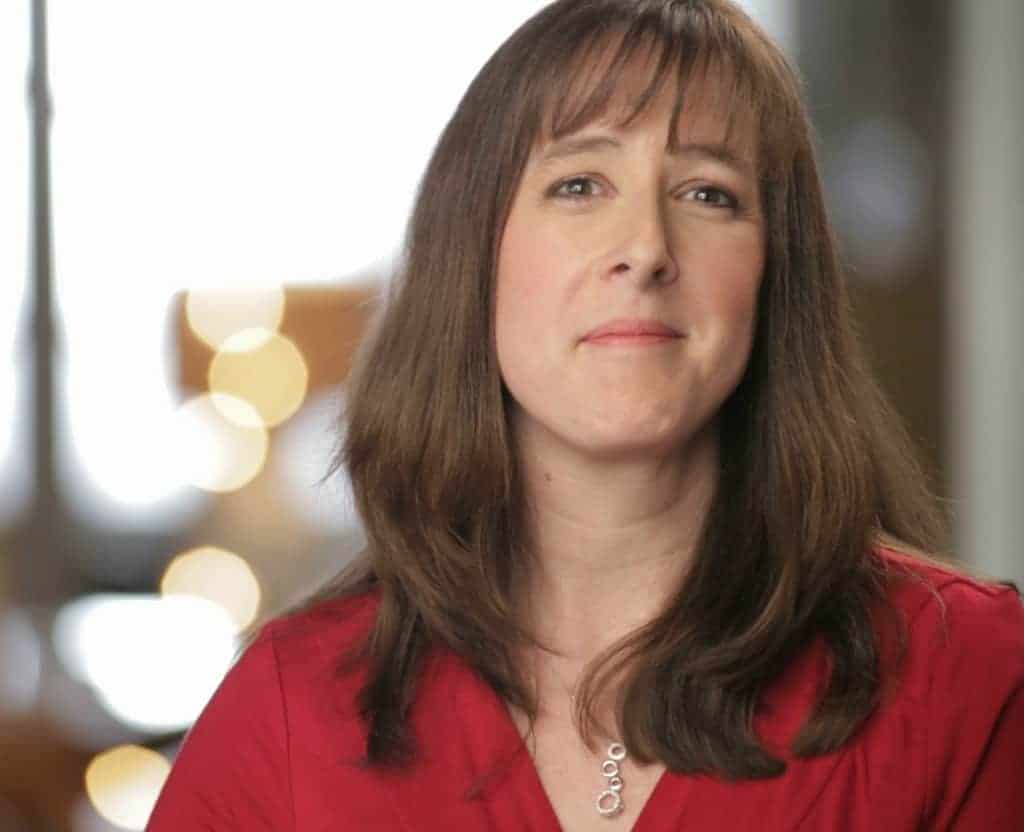This post is in partnership with StressHealth.org, an initiative of the Center for Youth Wellness. All opinions are my own.
I was very lucky as a child that I came from a home with very little stress. Sure, there was arguing over grades or limits that my sister and I didn’t like. We argued with our parents like most kids probably do. But I had two loving and capable parents present every day, and that shaped how I raise my own kids. I know that not all children are as lucky as I was and as lucky as I think my own kids are. And those kids, the ones who suffer from childhood trauma? They need emotional support to begin the healing process.

As the mom of two teens, I have seen some of my kids’ friends struggle with mental health issues. Those who seem to struggle the most also seem to be battling childhood hardships that may stay with them for their entire life. What are these traumas, which researchers call Adverse Childhood Experiences? And how can parents help their child overcome these severe early traumas to improve mental health? I wanted to share with you some information from StressHealth.org that may be a good resource for parents as they navigate raising a child who has undergone an adverse event in childhood.
Table of Contents
Ten Types of Adverse Childhood Experiences

✯Don’t want to miss the next post?✯
Follow Turning the Clock Back on Facebook | Twitter | Pinterest
Or join the private Facebook group for simple tips on going green!
What Are Adverse Childhood Experiences?
Adverse Childhood Experiences are also known as ACEs. They are severely stressful events in a child or adolescent’s life. ACEs are very common, and studies show most Americans have at least one. These events can happen to anyone and may have lasting effects on mental and physical health.
What types of ACEs exist in a child’s life? These experiences include things like abuse, neglect, and other major stressors such as divorce, a parent’s substance abuse, or witnessing violence in the home.
Other kinds of difficulty outside the home, such as experiencing racism, are also included in some ACE quizzes. Racism, community violence, bullying, and poverty can lead to health issues, especially if you don’t have emotional support or therapy to discuss them.

What do ACEs mean for you and your child?
The list of adverse childhood events that can cause stress in kids is long. And those stressed-out kids can turn into stressed-out parents, which may result in a never ending cycle of emotional struggles. Negative experiences can have long-term effects on children’s brains and bodies. Stress from an ACE is different than the everyday stress that all children experience. Are you or your child at risk?

Adverse Childhood Experiences Quiz
Take the adverse childhood experiences quiz for you or your child. Just head over to StressHealth.org and answer 10 simple questions. Here are some things you need to know about the ACE quiz before you start:
- The ACE Quiz is based on the original ACE study, the 1998 landmark CDC-Kaiser Permanente Adverse Childhood Experiences (ACE) Study was one of the largest investigations of childhood abuse and neglect and later-life health and well-being.
- An ACE score is NOT an actual medical diagnosis. It is meant to help medical providers better understand a patient’s risk for the effect of a toxic stress response.
- Medical providers can use ACEs screening tools to identify children at risk for a toxic stress response.
The video below is an unfortunate reality for many children in our world today. But it is also a reminder that there is help available. We do not need to allow adverse childhood events to create toxic stress in our lives or those of our children.
Help for Adverse Childhood Experiences is Available
What do you do if your child has suffered from an ACE and you are concerned about his or her mental health? Your child’s doctor can provide information to guide medical decisions, improve your child’s care, and connect you to helpful services. A child’s traumatic experience doesn’t have to create long term mental health issues.

In order to minimize the effects of adverse childhood events, kids need to experience a wide variety of positive lifestyle factors. This includes eating healthy food, getting regular exercise, getting a good night’s sleep, practicing mindfulness, having supportive relationships, and getting mental health support when needed.
Last month, I wrote an article about improving childhood mental health with exercise. Exercise is a great stress reliever. But, if you or your child has suffered a traumatic event, visiting StressHealth.org is a great first step to healing.
Do you know someone who could benefit from this information? Please share!

Diane is a professional blogger and nationally certified pharmacy technician at Good Pill Pharmacy. She earned her BS in Microbiology at the University of New Hampshire and has worked in cancer research, academics, and biotechnology. Concern over the growing incidence of human disease and the birth of her children led her to begin living a more natural life. She quickly realized that the information she was learning along the way could be beneficial to many others and started blogging and freelance writing to share this knowledge with others. Learn more about her HERE.
